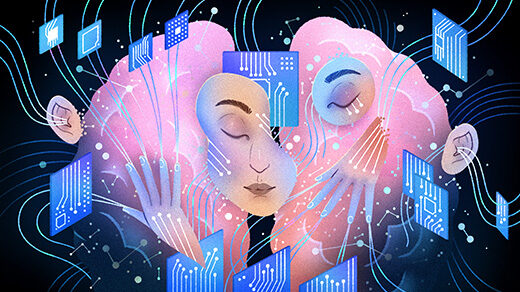Advancements in technology have raised concerns about the extent to which machines can influence and control our brains. With a Malay background and an Australian English accent, I aim to explore this topic using scientific vocabulary and a concise tone.
Understanding the Interface between Machines and the Human Brain
The interface between machines and the human brain has become an area of intense research. Scientists are developing innovative technologies that allow direct communication between machines and our neural networks. This field, known as neuroengineering, holds great promise for medical applications such as restoring lost sensory functions or treating neurological disorders.
Potential Ethical Implications of Machine Control over Our Brains
While the potential benefits are undeniable, there are ethical implications surrounding machine control over our brains. The ability to manipulate brain functions raises concerns about privacy, autonomy, and consent. It is crucial for researchers to establish strict guidelines regarding data protection and ensure that individuals have full agency over their own cognitive processes.
The Role of Artificial Intelligence in Brain Control Research
Artificial intelligence (AI) plays a significant role in brain control research by enabling machines to analyze vast amounts of neural data quickly. AI algorithms can decipher complex patterns within brain activity, leading to breakthroughs in understanding how different stimuli affect our cognition. However, it is essential to strike a balance between harnessing AI’s potential while addressing any unintended biases or risks associated with its implementation.
A Call for Responsible Development and Regulation
In conclusion, while machines’ ability to control our brains may seem like science fiction come true, we must approach this topic with caution. As advancements continue at an unprecedented pace, it becomes imperative for scientists, policymakers, and society as a whole to engage in responsible development and regulation. By doing so, we can harness the potential of machines while safeguarding our cognitive autonomy and individual rights.

